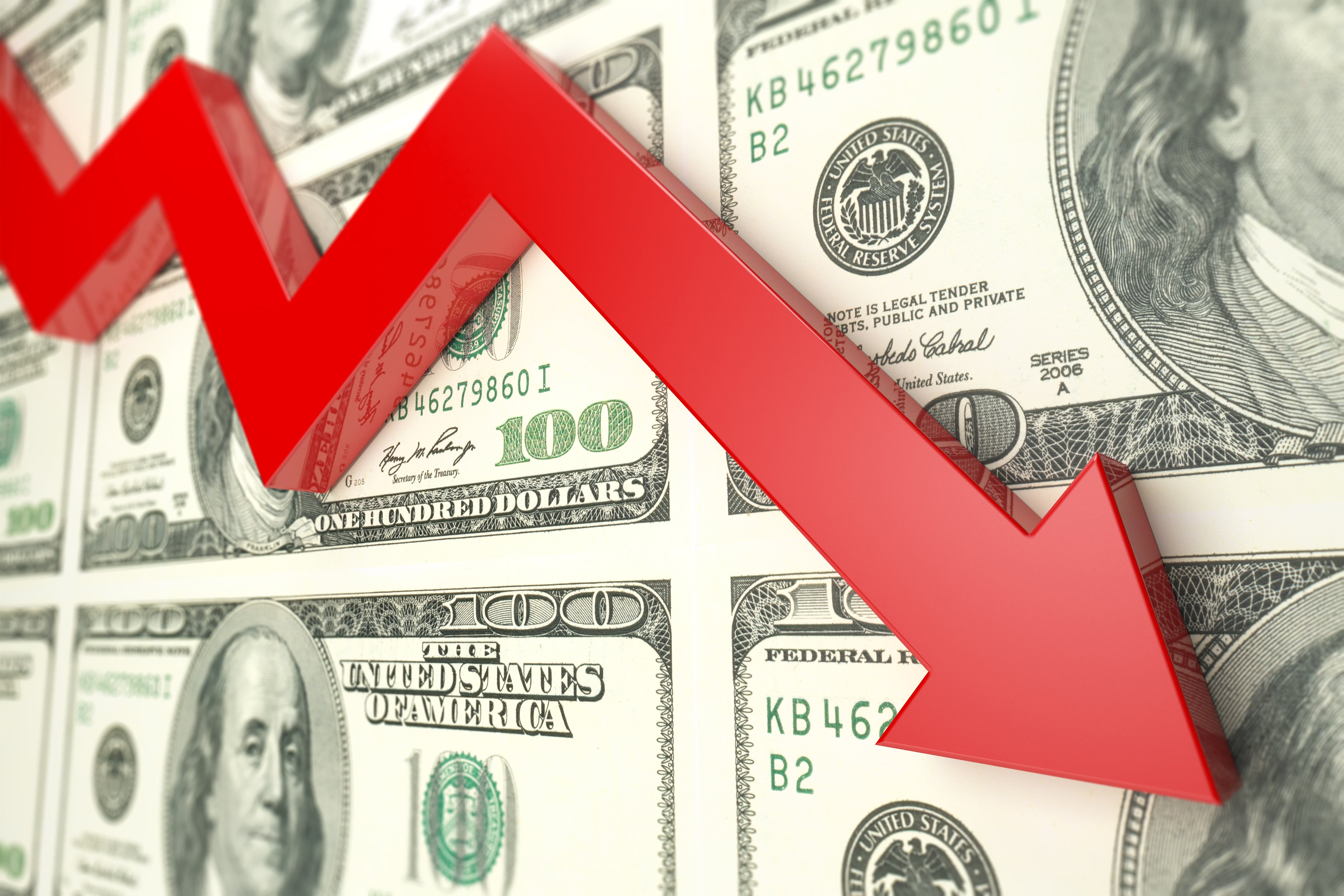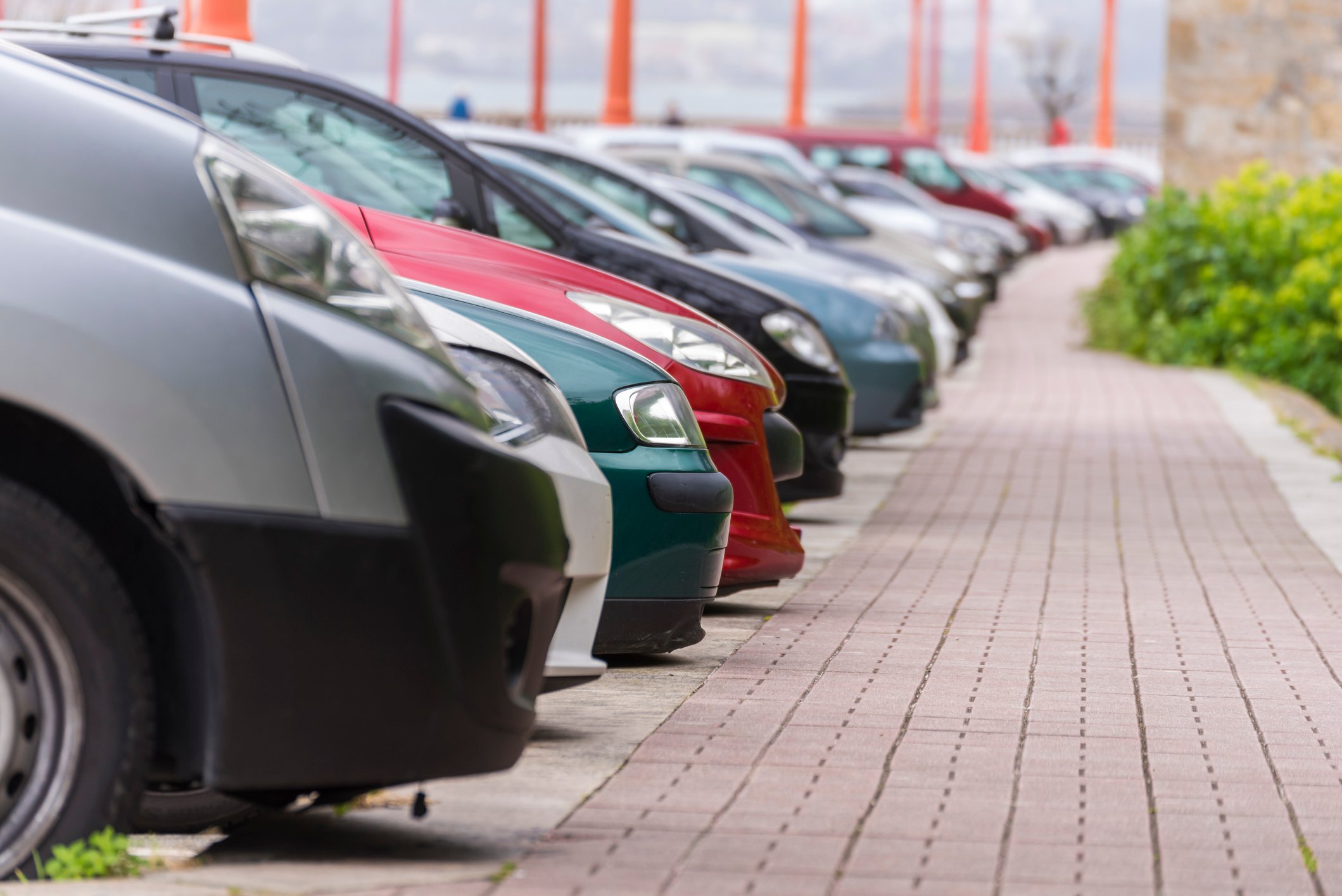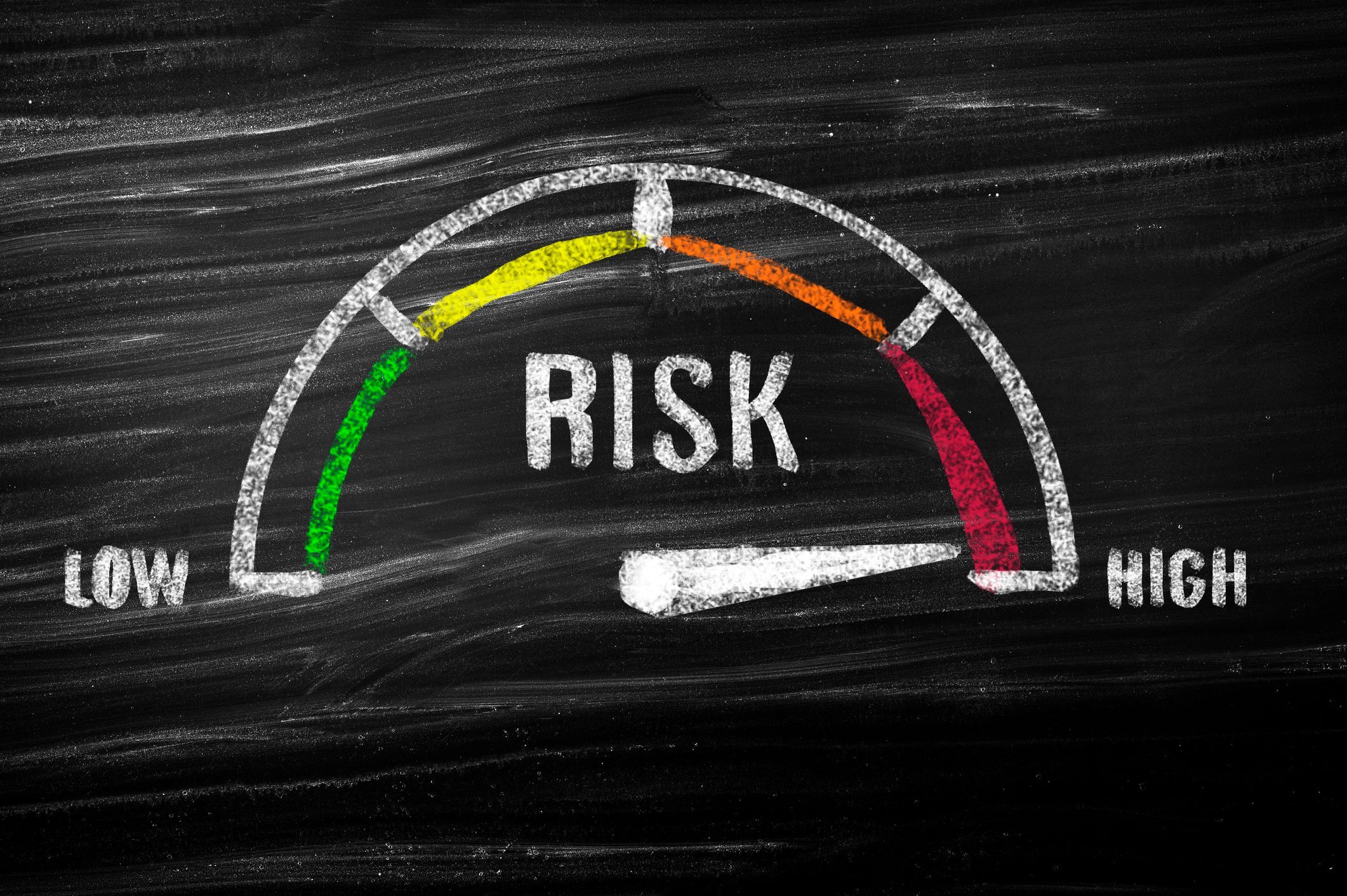Share prices of Lucid Group (LCID 3.66%) are down over 59% from their 52-week high after the electric vehicle (EV) company reported disappointing fourth-quarter and full-year 2021 results and slashed 2022 guidance.
Lucid now plans to produce just 12,000 to 14,000 Lucid Air electric sedans in 2022 compared to previous plans for 20,000 units. The company also delayed plans to roll out its Gravity SUV from 2023 to the first half of 2024.
Lucid's report presents a painful blow to investors who were hoping for a strong 2022 while also pushing back many of the company's medium-term goals. However, the company still has the longest range, highest voltage, and fastest-charging electric sedan on the market today. Aside from that competitive advantage, Lucid has an ace in the hole that is unique from any other EV manufacturer -- its relationship with Saudi Arabia. Here's how Lucid's Saudi Arabia connection could be just what the company needs to persevere past short-term challenges.

Image source: Lucid Group.
The majority shareholder
The Saudi Arabia Public Investment Fund (PIF) has been increasing its investments in renewable and alternative energy to diversify Saudi Arabia's economy away from just oil and gas and position the country to prosper in a carbon-free world. One such move was the country's early investment in Lucid Motors.
Unlike other players, the Saudi Arabia PIF has been one of Lucid's most loyal long-term investors. According to the PIF's Form 13F filing with the U.S. Securities and Exchange Commission on Feb. 14, 2022, the PIF held 1.015 billion shares of Lucid stock as of Dec. 31, 2021, representing 61.7% ownership of the company. Large shareholders are required to announce when they sell positions. As of this writing, there have been no disclosures indicating a change in the PIF's holdings.
Boom times
West Texas Intermediate (WTI) crude oil prices just passed $115 per barrel for the first time since 2014. As the world's second-largest producer of oil and gas (behind the U.S.), Saudi Arabia is likely having a field day in this high oil and gas price environment. Given that many renewable energy and electric vehicle investments are significantly down right now, I would assume that Saudi Arabia doesn't have a pressing reason to sell its low-carbon positions. However, this is just my reading on the situation.
What's more, Saudi Arabia is committed to reducing its carbon emissions, as evidenced by its October announcement to be carbon-neutral by 2060. Given the combination of high oil and gas prices and the country's long-term commitments, we could very well see Saudi Arabia use some of its extra cash to make additional low-carbon investments.

NASDAQ: LCID
Key Data Points
Lucid's investments in Saudi Arabia
Assuming that Saudi Arabia has a flush cash position, the PIF probably wouldn't start unloading a lot of Lucid stock, especially given Lucid's announcements to build a factory in Saudi Arabia. In its third-quarter 2021 earnings call, Lucid announced it had 17,000 Air reservations and indicated that Saudi Arabia would be one of its core end markets. Sure enough, Lucid announced plans to build a factory in Saudi Arabia during its Q4 2021 earnings call. Lucid expects the factory to produce $3.4 billion in financial benefits over a 15-year time frame. The factory, which will be known as AMP-2, is expected to produce 150,000 vehicles per year and begin production in 2025.

Image source: Lucid Group.
When asked whether Saudi Arabia would help pay for the facility, Lucid commented that it has plenty of cash and ways to raise more cash from capital markets or governments. Lucid has continued to cite Saudi Arabia as its second primary market outside the U.S. With its first international factory being in Saudi Arabia, it's possible that Lucid could become one of the dominant electric car companies in the Middle East.
Deep pockets, big backing
It is my guess that the oil and gas boom is likely filling the coffers of Middle Eastern oil-exporting nations. If this guess is correct, then these nations would have the dry powder needed to make long-term investments. Lucid's push into Saudi Arabia, through its manufacturing plant and demand for the Lucid Air, indicates that the company is making a big long-term play into the Middle Eastern market.
Given the concentration of EV interest in the U.S., Europe, and China, Lucid stands to benefit from an early mover advantage and less competition in the Middle Eastern market. A factory in Saudi Arabia makes regional markets that much easier to serve seeing as the country has a free trade agreement with Kuwait, Qatar, Bahrain, the UAE, and Oman -- which are markets that could be a good fit for Lucid's luxury-focused buyer profile. Lucid's biggest competitive advantage is its technology and in-house produced powertrain and battery pack. But its ace in the hole is the financial backing and majority ownership it has received from the Saudi Arabi PIF, as well as the potential to be a leading automaker in the Middle East.





